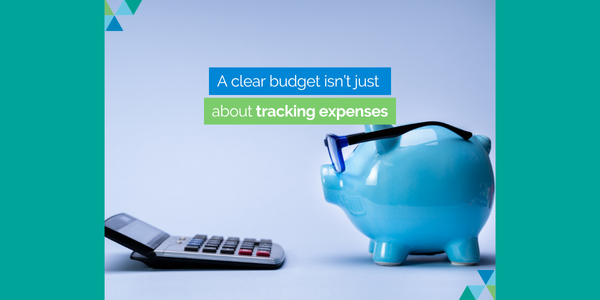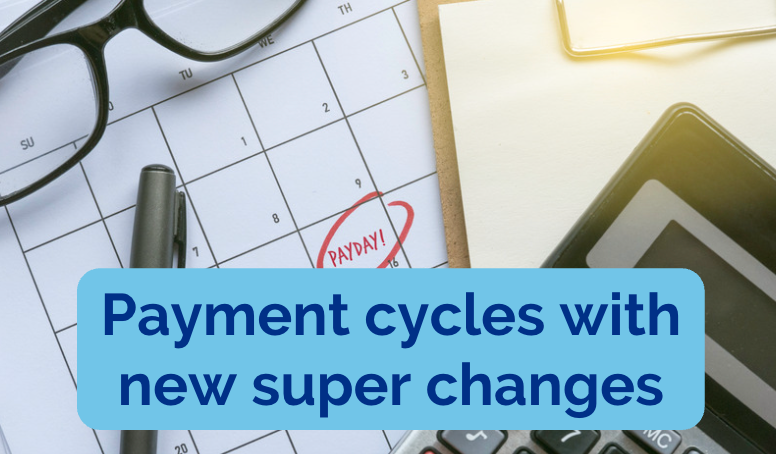Avoid Super Guarantee Charges

Recently, we have noticed more activity around the enforcement of employers' superannuation obligations by the ATO.
We'd like to remind you that to avoid the super guarantee charge, payments must be made at least four times a year. This applies from the day an employee starts working for you.
Payment due dates occur quarterly, as follows:
Quarter 1:
Period: 1 July – 30 September
Payment due date: 28 October
Quarter 2:
Period: 1 October – 31 December
Payment due date: 28 January
Quarter 3:
Period: 1 January – 31 March
Payment due date: 28 April
Quarter 4:
Period: 1 April – 30 June
Payment due date: 28 July
We believe the stricter enforcement falls in line with the ATO's movement towards Single Touch Payroll (STP). STP means that the ATO now receives each employers' superannuation obligations for their employees whenever a business's payroll is completed and wages are paid to employees. This, coupled with increased data matching capabilities, mean that the ATO is more easily able to match which employers are not meeting their superannuation obligations and who are not paying these on time.
Super obligations for employers checklist
Source: ATO
Paying super is an important part of being an employer.
Here's how to run a quick check of your super, to make sure you've got everything sorted.
1. Check you're paying for the right people. You need to pay super for all of your eligible workers. Most employees and some contractors are eligible for super.
2. Check you're paying the right amount.
3. Check you're paying on time. At a minimum, you need to pay super quarterly. Some super funds, awards or agreements, may require more frequent payments.
4. Check you're paying to the right place. You must pay super into a complying super fund or Retirement Savings Account.
5. Check you're paying the right way.
6. And of course, you need to keep records, to show you've met your obligations, including how much you paid, when you paid, and that you offered a choice of fund.
The ATO has a range of online tools and calculators, to help you understand your super obligations in more detail. Visit ato.gov.au/superquickcheck to find out more information.
As always, if you have any questions please feel free to contact the Wrights team.










